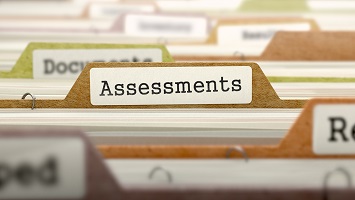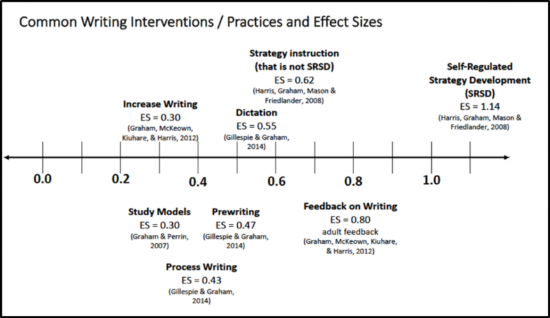 Staring at the snow falling outside my living room window, it’s difficult to believe we will be starting the annual review process next month in some of our districts. Whether we are planning next year’s program for a preschooler or an eighteen year old, we need to always remember that our job as special educators is to develop quality IEPs that will make a difference in the lives of our students. In developing IEPs we need to be able to describe student’s unique needs and the specially designed instruction and services that will help the student be as successful as possible.
Staring at the snow falling outside my living room window, it’s difficult to believe we will be starting the annual review process next month in some of our districts. Whether we are planning next year’s program for a preschooler or an eighteen year old, we need to always remember that our job as special educators is to develop quality IEPs that will make a difference in the lives of our students. In developing IEPs we need to be able to describe student’s unique needs and the specially designed instruction and services that will help the student be as successful as possible.
Having developed many IEPs with colleagues and families in the past, I know that developing quality IEPs often feels like an overwhelming and daunting task. Here is a checklist of ten questions that may help you decide if you have all the necessary information before attending your student’s annual review meeting:
- Does the Present Level of Performance (PLEP) describe the present level of academic and functional performance? Is there objective data in the PLEP or does it contain subjective opinions?
- Does the PLEP explain how the child’s disability affects the child’s involvement and progress in general education?
- Does the PLEP mention what interventions have been successful and the student’s rate of progress?
- Does the PLEP include the parent’s and student’s perspective?
- Does the IEP include consideration of behavioral and/or second language needs that may impact the student’s progress?
- Does the IEP make it clear how the student will have access to curricula and strategies aligned to state standards?
- Does the IEP have measurable and observable goals? Are these goals ambitious and challenging?
- Does the IEP have special education services/program modifications/ supports that are “reasonably calculated” to enable the child to make progress?
- Does the IEP pass the “stranger test”; i.e., describes the unique needs of this specific student sufficiently that an individual who has not met the child would recognize him or her?
- Does the IEP reflect the input of the whole CSE team including the parent and student?
Remember, this list is not exhaustive – but it is a place to start!


 Data-Driven Decision-Making
Data-Driven Decision-Making  Increasing Post-School Success through Interagency Collaboration
Increasing Post-School Success through Interagency Collaboration  How Can We Improve Deeper Learning for Students with Disabilities?
How Can We Improve Deeper Learning for Students with Disabilities?  Positive Classroom Management: Creating an Environment for Learning
Positive Classroom Management: Creating an Environment for Learning  Self-Determination Skills Empower Students of All Ages
Self-Determination Skills Empower Students of All Ages  Fidelity of Implementation: What is it and Why does it Matter?
Fidelity of Implementation: What is it and Why does it Matter?  Rethinking Classroom Assessment
Rethinking Classroom Assessment  A Three-Step Approach to Identifying Developmentally Appropriate Practices
A Three-Step Approach to Identifying Developmentally Appropriate Practices  Transforming Evidence-Based Practices into Usable Innovations: A Case Study with SRSD
Transforming Evidence-Based Practices into Usable Innovations: A Case Study with SRSD